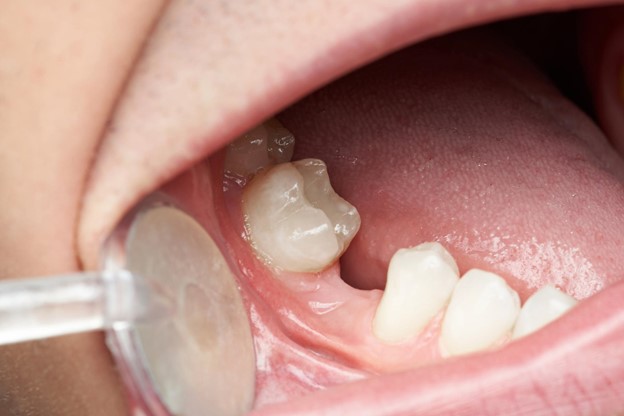Generally, people want to replace their missing teeth for cosmetic reasons. Others want a little extra help eating their favorite foods again. However, many brutal consequences of missing teeth go way beyond aesthetic and diet changes. Dr. Gary Horblitt of Fairfield, CT, lists the lesser-known consequences of missing teeth in this blog. After reading this, book an appointment with our CT DDS if you are encouraged to obtain natural-looking, durable teeth replacements.
Inadequate Nutrition
Eating foods that are coarse, fibrous, or otherwise difficult to chew can be challenging for people who are missing some or all their teeth. If chewing with missing teeth causes discomfort, you might skip out on highly nutritious foods that are hard to swallow or simply eat less. Ergo, a limited diet takes a toll on your overall health.
Communication Struggles
Some sounds require teeth. For example, attempt to say “teeth” without using your teeth. As you can tell, it’s basically impossible. A lack of teeth poses a challenge for pronouncing certain words. Furthermore, it might cause you to whistle as you speak or not be able to enunciate what you have to say.
Misalignment of Remaining Teeth
Did you know that your teeth systematically help keep other teeth in proper alignment? Without an adjacent tooth, it’s challenging to keep your smile in check since your remaining natural teeth will tend to drift. When teeth begin to wander, the roots are destabilized—potentially leading to discomfort, wiggly teeth, and tooth loss.
TMJ Disorder Symptoms
Again, misalignment may occur after tooth loss. Specifically, the residual teeth do not have the opposite dental support at rest or in use. Dental misalignment stresses the supporting jaw joints and surrounding muscles. Subsequently, chronic facial pain, migraines, and other TMJ disorder symptoms might occur.
Bone Loss
In a similar sense that we exercise our muscles to maintain tone, you might be surprised that stimulating your jawbone through chewing helps maintain bone mass. However, a missing tooth cannot stimulate the jawbone area where it was originally located. Therefore, that portion of the jawbone will begin to dissolve.
If you are interested in dental implants and already suffer from bone loss, talk to our CT DDS about bone grafting. Bone grafting can add more volume to your jaw so that you can fully support a dental implant even after bone loss.
Sinus Expansion
Do you have missing teeth in your back upper jaw? If so, you should ask our CT DDS if your sinus cavity is growing and if you need sinus lift surgery. The sinus cavity lies above the back upper jawbone. So, when teeth are missing in this area, the sinus cavity begins to expand and erode.
Altered Facial Features
Teeth play an essential role in supporting facial structures. So, your facial features might look distorted, wrinkled, or sunken with missing teeth. Thus, adding years to your appearance.
Meet with our CT DDS for All Your Prosthetic Dentistry Needs
Some believe that removing an unwanted diseased tooth solves all their oral health problems. Unfortunately, that’s not the case. In fact, removing a tooth and not replacing it can trigger significant health issues. For all these reasons, call (203) 335-1011 or message us online if you have any gaps in your smile from missing teeth. Our CT DDS looks forward to optimizing your oral health.

